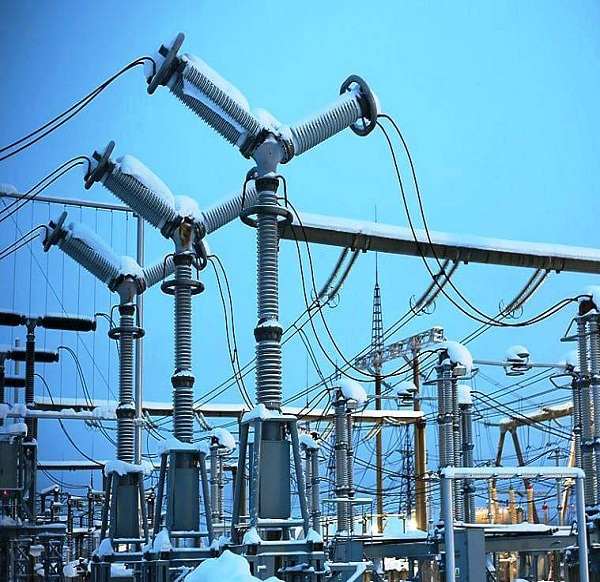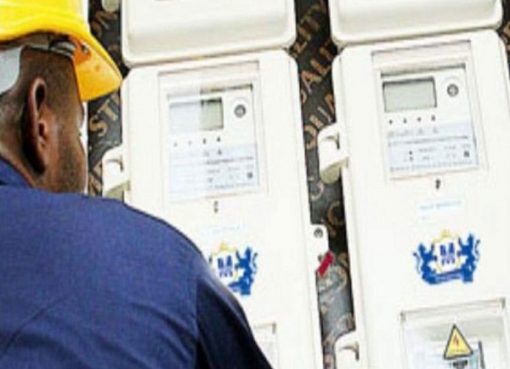Nigeria’s power sector has continued to gasp for breath despite numerous attempts to reposition it for optimal performance. The situation has resulted in darkness all over the country as over 85 per cent of Nigeria’s population still lack access to or enjoy quality electricity. However, to rescue the sector from this ugly trajectory, there is need for a holistic approach driven by political will, patriotism, service excellence, as well as technical and financial competence, Peter Uzoho writes
Despite the tinkering of the Nigerian power sector with the coming on board of private owners and operators in the generation and distribution segments in 2013, Nigerians are still grappling with power outages and lack of access to electricity.
All over the country, darkness reigns. But electricity bills keep ballooning even when consumers don’t get quality electricity. Not even the huge expectation that heralded the advent of the new power firms has been able to propel the companies, especially the distribution companies (Discos), to be serious in their service to the Nigerian people.
The nation’s power sector has continued to underperform at all fronts, whether in generation, transmission and distribution, with the situation blamed on several factors.
Currently, Nigeria generates an average of 8000 megawatts (mw) of electricity out of the installed 13,800mw capacity. The country through the transmission Company of Nigeria (TCN), manages to transmit an average of 5000mw, while distribution stands abysmally low at around 2,500mw.
Some of the factors associated with the poor power supply in Nigeria include the inability of the federal government to effectively coordinate and align the different facets of the sector to achieve the common goal of giving quality electricity to Nigerians.
The government is also being blamed by the power firms for not keeping to its part of the agreement signed with them during the privatisation.
One of such is that the sector must be allowed to operate on a cost-reflective tariff basis, and that generation companies (Gencos) shall be paid based on the amount of power they generate.
Also, the TCN, which is still own 100 per cent by the federal government, has refused to upgrade its transmission lines, which have been in decrepit state for decades. As a result, the state-owned company only transmits an average of 5000mw of power generated.
However, the distribution companies (Discos) on their part, have failed in their responsibility. They have not invested enough to upgrade their distribution infrastructure, and this accounts largely to the constant power outages and darkness experienced all over the country.
Most of their transformers, which have been in existence since the era of the defunct National Electric Power Authority (NEPA) have been left without maintenance.
The Discos, which are the nearest to the consumers and known as the weakest link in the entire value chain, have equally been blamed for reneging on their promise to get all the electricity consumers metered with prepaid meters within three to five years of their entrance into the space.
As at November 30, 2021, 8,181,086, representing 64 per cent of the total 12,848,084 electricity customers are yet to be connected with electricity meters, according to the industry’s regulator, the Nigerian Electricity Regulatory Commission (NERC). Only 4.666,998 customers, representing 36 per cent had been successfully metered, NERC added.
The government had launched three different metering programmes including Credit Advanced Payment for Metering Implementation (CAPMI) in 2013, Meter Asset Provider (MAP) scheme in 2018, and the latest National Mass Metering Programme (NMMP) in 2020 but the metering gap remains wide.
The inability to meter a substantial number of the electricity customers has in no small measure, contributed to the liquidity crisis and trust deficit in the power sector, as the sector continues suffering huge commercial losses.
It has given rise to the over-billing of consumers through the monstrous estimated billing even when the consumers barely enjoy electricity to warrant such outrageous bills.
NEED FOR REVOLUTION
In his analysis of the crisis in the sector, Managing Director of Ibom Power Company Limited, one of the Independent Power Plants (IPPs), Mr. Meyen Etukudo, believed that fixing the nation’s power problem is not a rocket science, adding that it calls for a revolution.
Etukudo opined that a serious government, whose eyes is set on transforming the sector because of its importance to the country’s economy, will go all out to achieve that, no matter what it would cost.
At the heart of such undertaking, according to him, lies the will of the leaders, the competence of policy makers and operators in the sector as well as the commitment to excellence service delivery.
Sadly, one of the bane of the Nigeria’s power sector has been the trend of allowing people who know little or nothing about the operations of the electricity industry to take decisions and implement.
Even among the so-called power firms, especially the Discos, non-core professionals are employed to work in highly technical areas meant for experienced electrical and electronics engineers.
Etukudo, who retired in NEPA as a general manager in charge of lines, revealed that the Discos now employ “aged bankers” with no knowledge of how the transformer works to be maintaining transformers.
“The problem is, you know, when NEPA gave way to PHCN and PHCN gave way to the 18 companies, the new companies thought it was just to buy bread and sell. They didn’t know they will invest in the business first before making money.
“And the trend now is that most of the distribution companies are employing aged bankers to go and be maintaining the systems. So, for them, it is to collect bills whether you have power or not.
“Definitely, this country can get power if somebody that has an absolute power and authority to implement electric power policies. But nobody is interested in putting anything right,” he said.
NETWORKS LACKING MAINTENANCE
Stressing the importance of maintaining electricity networks infrastructure like transformers, transmissions and distribution lines, among others, the power expert expressed disappointment over the disappearance of maintenance culture in the system.
He said: “If you go round the country, you will see that the substations are untidy, unkempt, grasses everywhere and the feeder pillar is always open. At nights, you will see the red lights because the fuses are all red due to over-loaded transformers.
“These days, you see poles falling, some standing akimbo. You see some conductors hanging, all cross-arms have been broken. That was not the NEPA that we had in this country.”
He said by professional standard, “No transformer is supposed to be loaded over 85 per cent of its capacity. If it is 300kva, it is not supposed to exceed 85 per cent of that. But our transformers are loaded above 100 per cent because these companies have not brought in one new transformer.”
He added: “So, all our feeder pillars are over-loaded with red. They are open, no single one is closed except you go to companies. All transformers are over-loaded, blown and these people don’t know what they call maintenance
“Maintenance means, when you install a transformer, even within one year, you do what they call preventive maintenance or routine maintenance, where you go there, they take out the oil, may be in a bottle, to go and test to know whether the viscosity is there.”
Etukudo maintained that some transformers in Nigeria had been left for years without testing the oil, pointing out that the Discos only visit a transformer when it blows up.
Insisting that solving Nigeria’s power problem needs will power, Etukudo declared that he has the magic wand to give Nigerians electricity, adding “everywhere, all over the country is dark but there is power. The Discos don’t give power to the people”.
He, however disagreed on the advocacy for decentralising the national grid, saying “that is not really the main issue”.
He cited India as a country that has a state grid like Nigeria and are doing well with their power sector, as they generate power from several places but still come to the national end to send power across.
Source: Thisday










